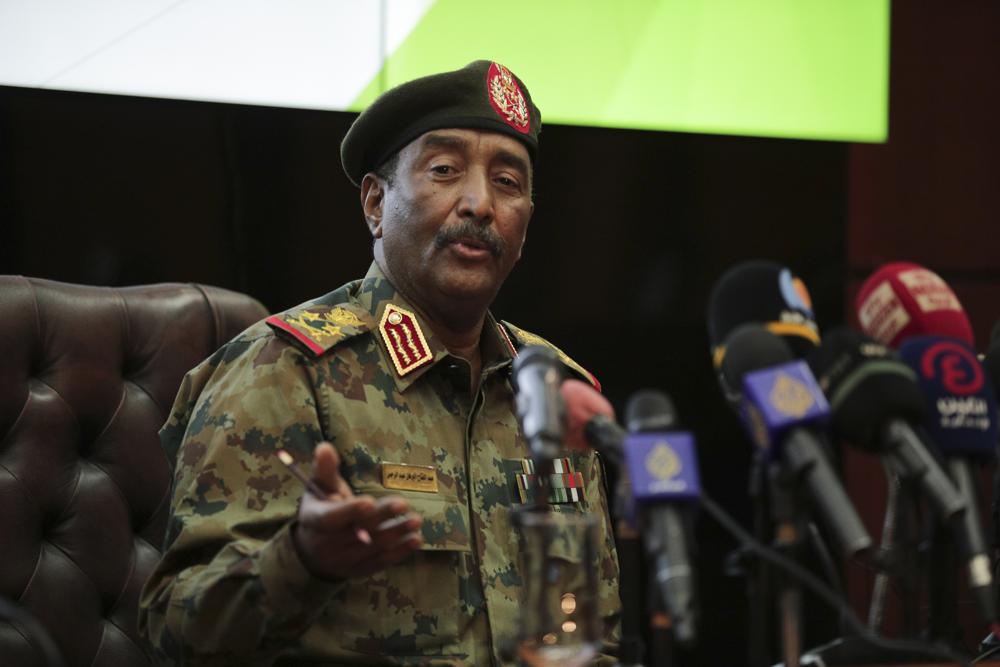Sudan’s government on Monday declined to participate in a regional meeting convened with the objective of quelling the nearly three-month-long brutal conflict, which has resulted in thousands of fatalities and the displacement of millions. The government justified its refusal by accusing Kenya, the chair of the talks, of harbouring a bias towards their rival paramilitaries.
The violent power struggle between Sudanese army chief Abdel Fattah al-Burhan and his former deputy Mohamed Hamdan Daglo, the leader of the paramilitary Rapid Support Forces (RSF), erupted into a full-blown war in mid-April. The conflict has already caused significant damage, with the Armed Conflict Location and Event Data Project estimating around 3,000 people dead, and the International Organisation for Migration asserting that three million individuals have been internally displaced or forced to cross borders.
The intergovernmental authority of the east African regional bloc, IGAD, had summoned the conflicting parties to a meeting in the capital city of Ethiopia, Addis Ababa. Despite the ongoing violence across Sudan, both Burhan and Daglo chose not to personally attend. However, a representative of the RSF was sent to the ‘quartet’ meeting, which was guided by Kenya, South Sudan, Djibouti and Ethiopia.
Previous attempts at halting the fighting through diplomatic initiatives have seen limited success, offering only temporary pauses in the violence. Following the ineffective truce agreements brokered by Saudi Arabia and the United States, the east African bloc has now taken on the responsibility to lead the peace talks.
Yet, Sudan’s foreign ministry is refusing to engage until their request for the removal of Kenya from the chair position is fulfilled. They have explicitly stated their demand for “Kenyan President William Ruto to be replaced due to his apparent partiality”.
Daglo sent a political advisor to the Addis Ababa talks, while the RSF criticised the army’s “irresponsible behaviour”. The quartet responded to the situation by deciding to “concentrate efforts towards organising a direct meeting between the leaders of the warring parties”, and urged the rival generals to “immediately halt the violence and sign an unconditional and indefinite ceasefire”.
IGAD expressed its intention to propose the potential deployment of the East Africa Standby Force to the African Union, with the aim of protecting civilians and ensuring humanitarian access. Meanwhile, Mubarak Ardol, a Sudanese ex-rebel leader now siding with Burhan, condemned what he saw as a “plan to occupy Sudan”, and lauded the army’s decision to boycott the meeting.
Amidst the intensifying situation, US Assistant Secretary of State for African Affairs, Molly Phee, joined the meeting in Addis Ababa and called upon the forces loyal to Burhan and Daglo to immediately cease the fighting.
Sudan currently teeters on the brink of a full-blown civil war, as warned by the UN, with the potential to destabilise the entire region. Moreover, experts warn that both the Sudanese army and the RSF enjoy external support, with Egypt backing Burhan and the United Arab Emirates and Russia’s Wagner mercenary group supporting Daglo’s efforts. This external influence further complicates the already complex conflict, prolonging the hostilities and posing a significant threat to the region’s stability.
Image Credit: AP Photo/Marwan Ali




